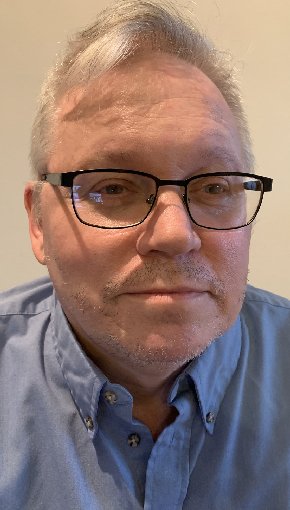David Kaiser MFA PhD has 35 years experience in the field of EEG-based neurofeedback and Sandra Beltran has decades of experience as a clinical psychologist in Colombia and is a world renown expert in eating disorders.
Our Experience
At Kaiser Neuromap Institute we have world-class neurofeedback professionals, experts in helping patients with anxiety, depression, attention deficit disorder, addictions, eating disorders, fibromyalgia, hoarding, autism, migraines and more.
Our Neurofeedback Professionals
At Kaiser Neuromap Institute we have decades of experience in Neurofeedback and Brain Mapping, a leading center in neurotherapy, brain training and neural plasticity.
Dr. Sandra Beltrán
Dr. Beltran has more than 20 years of experience treating mental health conditions as a clinical psychologist. Dr. Beltran began her professional career as a clinical psychologist in a clinic of Eating Disorders in her native country Colombia, working hand-in-hand with psychiatrists, psychologists, nutritionists, gastroenterologists and pediatricians.
Dr. Beltran later worked in her private practice as an eating disorders specialist, treating mood and anxiety disorders with cognitive behavioral therapy CBT. She was the Bariatric Psychology Representative in Colombia, being an advisor in various newspaper articles in obesity, eating disorders, mood and anxiety disorders.
Dr. Beltran was a Speaker of several conferences on Eating Disorders. She has trained multiple health professionals in the area of eating disorders and healthy lifestyle. She’s done workshops in schools, universities, medical centers, integrative centers, hospitals and clinics. In 2016 she became an expert in Neurofeedback and EEG Neurotherapy, specialized in Default Network Training, certified by the American Neurotherapy Association in Neurofeedback and Brain Mapping, awarded by the American Association of Neurotherapy.
In 2017, Dr. Beltran became the co-founder of Kaiser Neuromap Institute as a Clinical Director, helping multiple patients with different mental conditions. Her principal characteristic is working one on one with each patient, to help in a professional and ethical way.
A native of Colombia, Dr. Beltran has been living in the United States since her training as a neurotherapist. Her multiplicity of ethnic and social background allows her to have a great understanding of cultural differences and she can provide meetings in English and Spanish. Authorized with credentials to teach Kaiser DNT Neurofeedback.
Dr. David Kaiser
Doctor in Psychology and Neuroscience. Developer of Kaiser Neuromap software for use in neurotherapy and brain function assessment. David is a Fellow of the International Society for Neurofeedback and Research, past President of the Neurofeedback Division of the Association for Applied Psychophysiology and Biofeedback, past Editor of Journal of Neurotherapy, and has taught neuropsychology and neuroscience to more than 5,000 students. He created Default Network Training (Kaiser DNT) in 2010.
Selected Publications:
Kaiser DA (2015). Astrocytes and infra-low frequencies. In H Kirk (Ed), Restoring the Brain: Neurofeedback as an Integrative Approach to Health. (pp 51-58) London : Techset
Kaiser DA (2013). Infralow frequencies and ultradian rythms, Seminars in Pediatric Neurology,20.242-245.
Othmer S, Othmer SF, Kaiser DA, Putman J (2013) Endogenous neuromodulation at inflalow frequencies, Seminars in Pediatric Neurology, 20,246-257.
deBeus RJ & Kaiser DA (2011). Neurofeedback with children with ADHD. A randomized double-blind placebo controlled study. In R Coben & JR Evans (Eds), Neurofeedback and Neuromodulation Techniques and Applications (pp 127-151). New York:Elsevier
Tan G,… & Kaiser DA (2009). Meta-analysis of EEG biofeedback in treating epilepsy. Clinical EEG and Neuroscience, 40 (3).
Kaiser DA (2008). Functional connectivity and aging. J Neurotherapy. 12 (2/3).
Kaiser DA (2005). Basic principles of quantitative EEG. J Adult Development, 12, 99-104
Scott WC, Kaiser D, Othmer S, & Sideroff. (2005). Effects of an EEG biofeedback protocol on a mixed substance abusing population. Am J Drug Alcohol Abuse, 31, 455-69.


